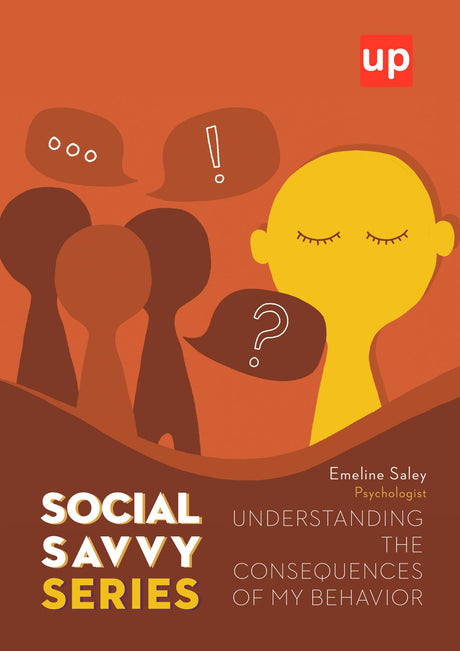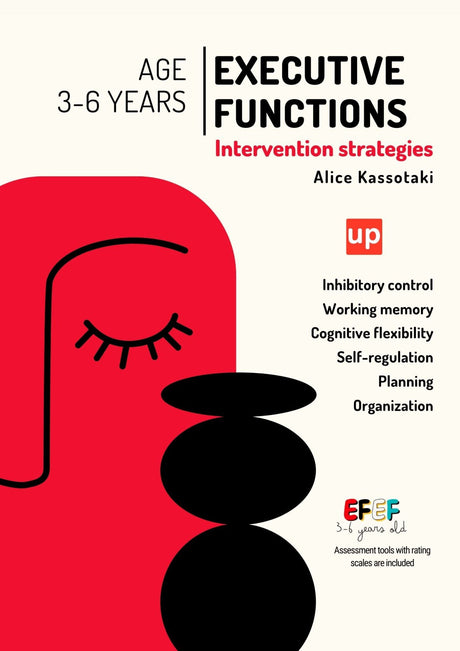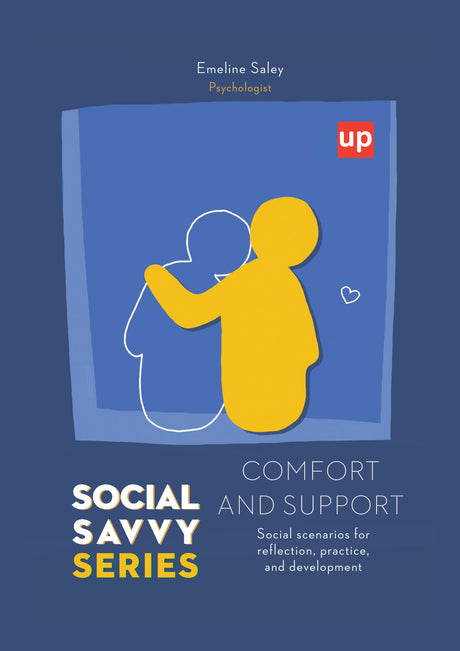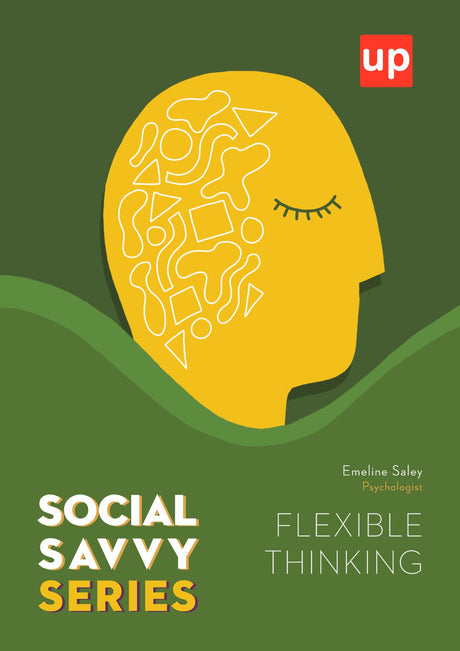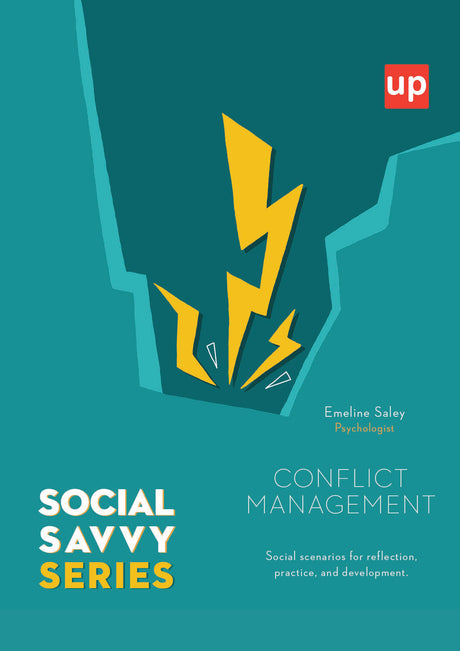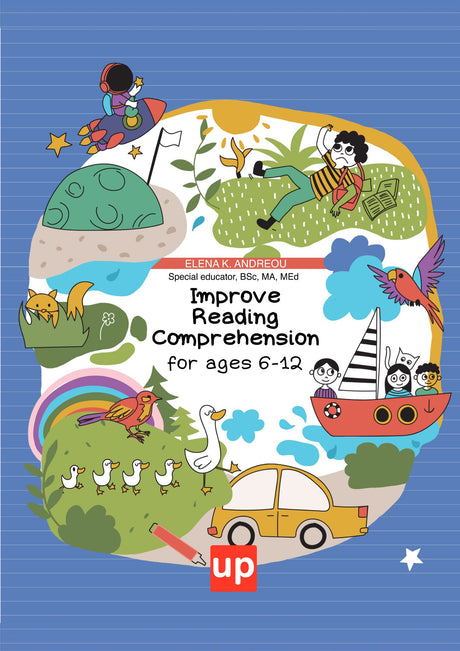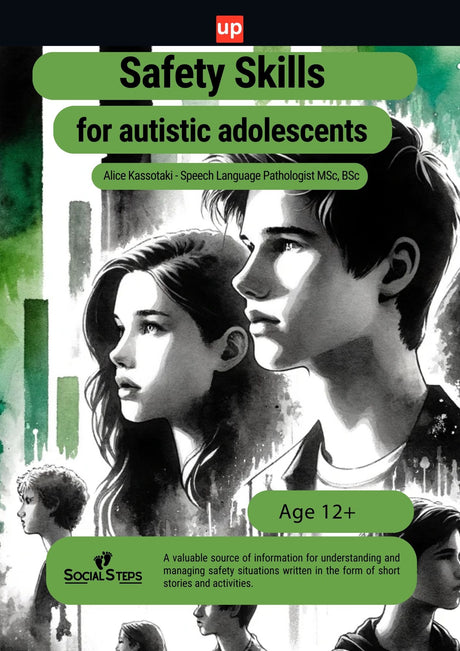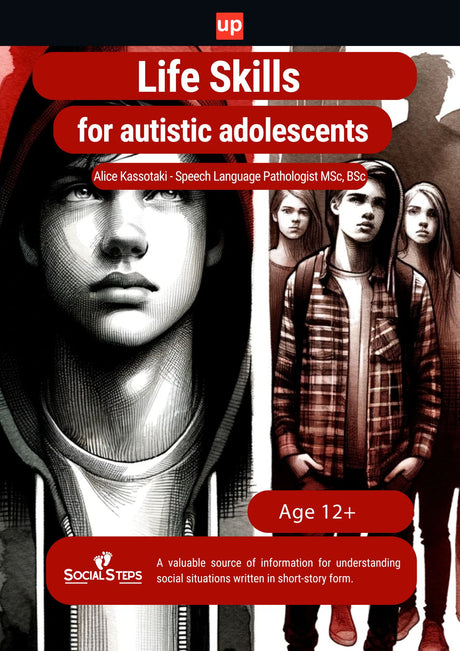Top Special Education Teacher Resources for Effective Classroom Management
Special education teachers need effective tools and strategies to support their students. In this article, you’ll find top special education teacher resources for classroom management, social skills development, professional development, behavior management, inclusive teaching, IEP planning, assistive technology, literacy, and visual impairment support. Explore these resources to enhance your teaching practice.
Key Takeaways
-
Special education teachers can greatly benefit from essential online resources such as Teachers Pay Teachers, Educating All Learners Alliance, and Intervention Central to effectively tailor lessons for diverse student needs.
-
Developing social skills in exceptional children is crucial and can be enhanced through targeted resources like Do2Learn and Life Centered Education, alongside practical activities that facilitate peer interaction.
-
Continuous professional development for special educators is vital, with organizations like the Council for Exceptional Children offering courses and workshops to improve teaching methodologies and support student success.
Essential Online Resources for Special Education Teachers

Navigating the vast sea of online resources can be overwhelming, but a curated list of essential tools can make a significant difference for new teachers and special education teachers. One invaluable platform is Teachers Pay Teachers, offering created lessons and activities tailored specifically for special education needs. This site allows educators to access and share special education resources that have been tried and tested in real classrooms.
Another noteworthy resource is the Educating All Learners Alliance, which provides a collection of strategies and best practices to enable students with disabilities. For those looking to enhance their digital toolkit, Google Chrome Extensions offer various aids such as text-to-speech and improved readability features, making it easier for students to access information.
Moreover, websites like Intervention Central and IXL.com are indispensable. Intervention Central offers free materials for Response to Intervention (RTI), particularly supporting literacy initiatives. IXL.com, on the other hand, provides a comprehensive curriculum with diagnostics and personalized learning paths tailored for special education students. These resources ensure that educators have access to high-quality, adaptable materials to meet the diverse needs of their students.
Tools for Developing Social Skills in Exceptional Children

Developing social skills in exceptional children is a critical aspect of their overall education. Do2Learn is a fantastic resource that offers various free activities focused on social skills and behavior management. These activities are designed to help children understand and navigate social interactions, which is often a challenging area for them.
EmotionalABCs provides social-emotional learning resources targeted at students in grades K-3, laying a strong foundation for young learners to develop essential social skills early on. Additionally, Life Centered Education offers an extensive online curriculum with over 1,200 lesson plans focused on developing these crucial skills for students with disabilities.
It’s essential to remember that exceptional children often struggle with interpreting social cues, which can hinder their ability to form relationships with peers. Practical activities like music, sports, and group play provide a natural context for practicing these skills. Leveraging these tools and strategies can significantly enhance the social competence of students.
Professional Development Opportunities for Special Educators
Continuous learning and professional development are paramount for special education professionals. The Council for Exceptional Children (CEC) offers a wealth of courses aimed at enhancing social, emotional, and behavioral practices. These courses are available through various formats, including webinars and in-person training sessions.
CEC’s learning library provides on-demand courses focused on evidence-based practices for supporting students with special needs. Moreover, educators can earn continuing education units (CEUs) by participating in these professional development activities, ensuring they stay up-to-date with the latest teaching methodologies.
Attending workshops and events, such as the CEC annual convention, allows educators to engage with the latest research and strategies in special education. These opportunities not only enhance the overall effectiveness and skills of special educators but also foster a community of professionals dedicated to improving student outcomes. Participation in these professional development activities leads to better teaching practices and more successful students.
Strategies for Behavior Management in Special Education Classrooms
Effective behavior management is crucial in special education classrooms to create a conducive learning environment. Building strong relationships with students is a foundational strategy that significantly aids in managing classroom behavior. Greeting students at the classroom door can improve engagement and provide insight into their emotional state.
Clearly defined expectations help students understand the rules and routines in the classroom. When students know what is expected of them, they are more likely to comply and participate positively. Additionally, focusing on students’ strengths can enhance their engagement and compliance, making the classroom a more positive place for everyone.
Engaging lessons designed to accommodate individual learning styles can also minimize behavior issues. Specific praise for positive behaviors encourages students to repeat those actions, reinforcing good behavior.
By implementing these research-based behavior management strategies and incorporating behavioral regulation activities, special education teachers can maintain a productive classroom environment that supports all students’ learning needs.
Creating Inclusive Classrooms: Resources and Techniques

Creating an inclusive classroom is essential for meeting the diverse needs of all students. Effective collaboration between special education and general education teachers can significantly enhance instructional strategies and student engagement. Sharing resources and strategies among teachers amplifies the effectiveness of teaching methods tailored for diverse learning needs.
Cooperative learning strategies facilitate inclusion by allowing students to work together and learn from one another. Differentiated instruction is a key approach that accommodates various learning styles and needs within the classroom. Additionally, flexible seating arrangements can help create a comfortable learning environment for all students, promoting engagement and participation.
Incorporating visual aids and manipulatives assists in meeting varied learning styles and needs. Curriculum resources for special education often include differentiated lesson plans catering to various learning levels, ensuring that all students can access the curriculum and succeed. These resources and techniques are vital for creating a truly inclusive classroom.
IEP Planning and Implementation Resources
Individualized Education Programs (IEPs) are the cornerstone of special education, providing tailored educational and behavioral services for students with disabilities. Effective IEPs include specific accommodations to enhance learning and engagement for students with identified needs. Essential IEP resources include forms, suggested accommodations, and strategies tailored for both general and special education settings.
The IEP resource collection provides strategies and advice for effective implementation in the classroom. General education teachers, special education teachers, and parents can all benefit from these resources, ensuring a collaborative approach to meeting students’ needs.
IEPs are formalized yearly plans that require careful planning and implementation to be effective. Utilizing these resources allows educators to create comprehensive plans that address the unique needs of each student, supporting their academic and behavioral development.
Assistive Technology Tools for Students with Disabilities

Assistive technology (AT) plays a pivotal role in supporting students with disabilities, enabling them to participate fully in their education. AT encompasses various devices and software designed to enhance learning and daily activities for individuals with disabilities. For example, eye-tracking devices from Tobii allow students with limited motor skills to control their computer interface by simply looking at the screen.
Communication aids, mobility devices, and specialized software are also essential components of AT. These tools can significantly improve students’ ability to engage with the curriculum and interact with their peers. Integrating AT into the classroom allows special education teachers to provide more inclusive and accessible learning experiences.
The right assistive technology tools can make a significant difference in the lives of students with disabilities, enhancing their independence and academic success. Staying informed about the latest AT developments ensures educators provide the best possible support for their students.
Literacy and Reading Comprehension Resources
Literacy and reading comprehension are fundamental skills that every student needs to develop. UFT provides a variety of online materials and resources targeted at literacy-building for students with disabilities. Platforms like Raz-Kids offer guided reading resources that enhance comprehension and fluency through a paid subscription model.
Text-to-speech software, such as Speechify, converts written text into audio, making it easier for students with dyslexia and ADHD to access reading materials. Similarly, Kurzweil 3000 offers literacy support with speech-to-text and text-to-speech capabilities, aiding students with vision impairments and attention challenges.
Assessments embedded in reading materials help track student progress and guide instructional decisions. Utilizing these resources allows special education teachers to provide targeted support to enhance their students’ reading comprehension and overall literacy skills.
Visual Impairment Support Resources
Supporting students with visual impairments requires specialized resources and strategies. Paths to Literacy offers guidance for struggling readers with visual impairments, including information on literacy, development stages, challenges, and strategies. Visual-based instructional materials can effectively support literacy development for students with special needs.
The Seeing AI app helps visually impaired users by reading text aloud and providing descriptions of surroundings using a smartphone camera. Learning Ally offers a vast library of audiobooks specifically designed for students with visual impairments and other learning disabilities.
Organizations like the American Printing House for the Blind and the National Braille Press create educational resources and materials tailored for students with visual impairments, including braille and accessible formats. These resources are invaluable for ensuring that students with visual impairments can access the curriculum and succeed academically.
Collaboration Tools for Special Education Teams

Effective collaboration among special education teams is crucial for supporting students with disabilities. Regular communication with parents and caregivers is essential for understanding and addressing students’ needs. Regular communication and meetings between educators foster transparency and trust, which are crucial for successful collaboration.
Collaboration among IEP team members, including general education teachers, is vital for effective IEP execution. Setting clear goals and roles helps streamline collaborative efforts and ensures all team members contribute effectively. Tools like Google Classroom integrate various features that enhance accessibility and support collaboration, including speech-to-text capabilities.
Celebrating successes and recognizing progress builds camaraderie and motivation within special education teams. Utilizing these collaboration tools enables special education professionals to work together more effectively to support their students’ academic and behavioral development.
Summary
In summary, the resources and strategies discussed in this guide are invaluable for special education teachers striving to create effective and inclusive classrooms. From essential online platforms to professional development opportunities, and from behavior management strategies to assistive technology tools, each resource plays a crucial role in supporting students with disabilities.
By leveraging these resources, special educators can enhance their teaching practices, foster positive behavior, and ensure that all students have access to a high-quality education. The journey of a special education teacher is challenging but immensely rewarding, and with the right tools and support, every educator can make a lasting impact on their students’ lives.
Remember, the ultimate goal is to create a learning environment where every student feels valued and supported. By continuously seeking out and utilizing these resources, special education teachers can achieve this goal and help their students reach their full potential.
Frequently Asked Questions
What are some essential online resources for special education teachers?
Essential online resources for special education teachers include Teachers Pay Teachers, Educating All Learners Alliance, Google Chrome Extensions, and IXL.com, which collectively offer valuable materials and tools to enhance teaching effectiveness. Utilizing these resources can significantly support your instructional strategies and student engagement.
How can special education teachers develop social skills in exceptional children?
Special education teachers can effectively develop social skills in exceptional children by utilizing resources such as Do2Learn, EmotionalABCs, and Life Centered Education, which provide targeted activities and lesson plans. Implementing these tools fosters a structured environment for skill development.
What professional development opportunities are available for special educators?
Special educators can benefit from professional development opportunities offered by the Council for Exceptional Children, which includes courses, webinars, and an annual convention for both learning and networking. Engaging in these activities can enhance their skills and support their professional growth.
What strategies are effective for behavior management in special education classrooms?
Effective behavior management strategies in special education classrooms include building strong relationships, setting clear expectations, providing specific praise, and designing engaging lessons. Implementing these approaches can significantly enhance student behavior and learning outcomes.
What assistive technology tools are available for students with disabilities?
Assistive technology tools such as eye-tracking devices, communication aids, mobility devices, and specialized software like text-to-speech applications are available to support students with disabilities in their learning and daily activities. Utilizing these tools can significantly enhance their educational experience and independence.
References
- American Printing House for the Blind. (2023). Educational resources for students with visual impairments.
- Council for Exceptional Children. (2023). Professional development for special educators.
- Do2Learn. (2023). Social skills activities for exceptional children.
- Educating All Learners Alliance. (2023). Strategies for inclusive teaching.
- EmotionalABCs. (2023). Social-emotional learning resources for K-3.
- Intervention Central. (2023). Free materials for RTI and literacy support.


